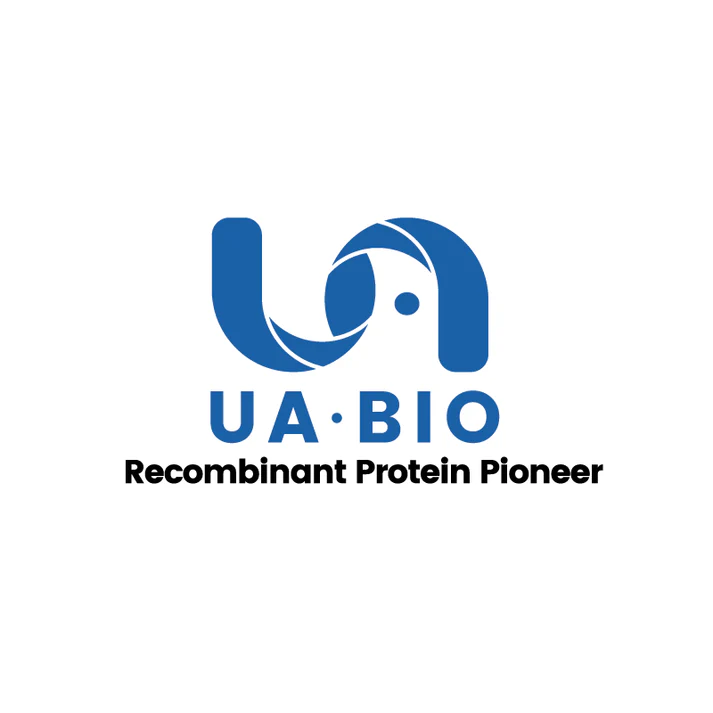Product Details
Product Details
Product Specification
| Species | Human |
| Synonyms | TNFRSF4,OX40,CD134,OX40L receptor,ACT35,TXGP1L |
| Accession | P43489 |
| Amino Acid Sequence | Leu29-Ala21, with hIgG Fc |
| Expression System | HEK293 |
| Molecular Weight | 65-75 kDa (Reducing) |
| Purity | >95% by SDS-PAGE & RP-HPLC |
| Conjugation | Unconjugated |
| Tag | Human Fc Tag |
| Physical Appearance | Lyophilized Powder |
| Storage Buffer | PBS, PH7.4, 5% trehalose |
| Reconstitution | Reconstitute at 0.1-1 mg/ml according to the size in ultrapure water after rapid centrifugation. |
| Stability & Storage | · 12 months from date of receipt, lyophilized powder stored at -20 to -80℃. · 3 months, -20 to -80℃ under sterile conditions after reconstitution. · 1 week, 2 to 8℃ under sterile conditions after reconstitution. · Please avoid repeated freeze-thaw cycles. |
| Reference | Budhu S, Kim K, Yip W, La Rosa S, Jebiwott S, Cai L, Holland A, Thomas J, Preise D, Somma A, Gordon B, Scherz A, Wolchok JD, Erinjeri J, Merghoub T, Coleman JA. Comparative study of immune response to local tumor destruction modalities in a murine breast cancer model. Front Oncol. 2024 Jun 18;14:1405486. |
Background
Tumor necrosis factor receptor superfamily member 4 (TNFRSF4) is also known as ACT35 antigen, OX40L receptor, TAX transcriptionally-activated glycoprotein 1 receptor, CD antigen CD134, OX40. OX40 / TNFRSF4 contains four TNFR-Cys repeats. TNFRSF4 is receptor for TNFSF4 / OX40L / GP34 and can interacts with TRAF2, TRAF3 and TRAF5.The interaction between OX40 and OX40L plays an important role in antigen-specific T-cell expansion and survival. OX40 and OX40L also regulate cytokine production from T cells, antigen-presenting cells, natural killer cells, and natural killer T cells, and modulate cytokine receptor signaling. In line with these important modulatory functions, OX40-OX40L interactions have been found to play a central role in the development of multiple inflammatory and autoimmune diseases, making them attractive candidates for intervention in the clinic.Conversely, stimulating OX40 has shown it to be a candidate for therapeutic immunization strategies for cancer and infectious disease.
Picture
Picture
SDS-PAGE
RP-HPLC
ELISA


